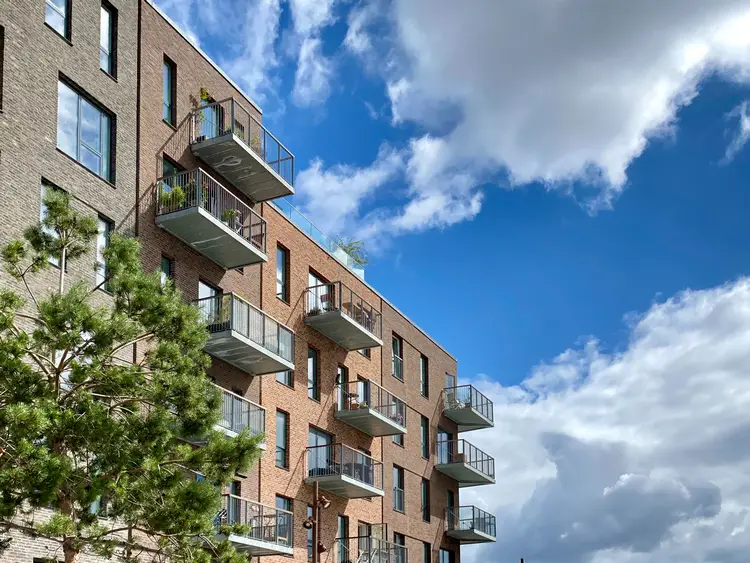
Retirement comes to the best of us. It’s a time to reflect and enjoy the rest of your life no longer working. But often it also means thinking about downsizing and buying a retirement flat. But what if you’ve bought a retirement flat and you want to rent it out. Or if you want to know in advance, before you buy if you can rent out a retirement flat if you don’t like living there or as an investment?
You can only rent out a retirement flat if the lease allows you to do so, but you may need to obtain permission from the freeholder and pay a consent to let fee. But there may be restrictions on who the property can be rented to, which will include the same age restrictions set for buying the flat.
Before you read the rest of this article, you probably should read this article about whether you can rent a property without a buy to let mortgage first.
Let’s now take a look at what it means to own a retirement flat, but more importantly, what the restrictions might be if you intend to rent out your retirement flat to tenants.
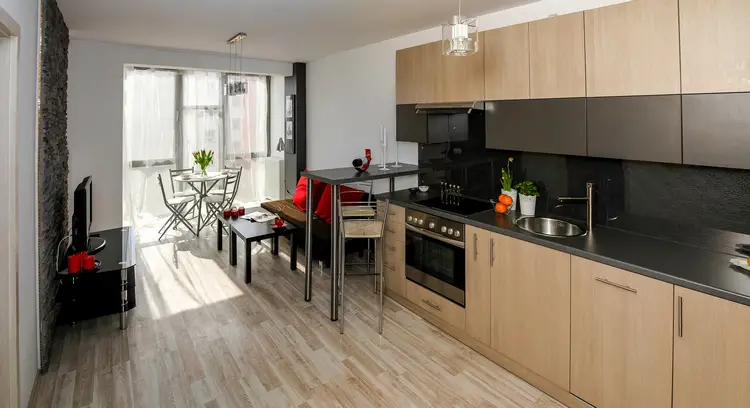
What is a retirement flat?
Retirement flats are usually for residents aged over 55 or 60 and are sold as leasehold properties. This means you have a tenancy granted for a long period of time, which in most cases the lease period is for 99 or 125 years, but many new-build retirement properties these come with 999-year leases.
Properties specifically intended for “retirement” means they are designed for use by the elderly. This usually means there are no steps or stairs, there will be easy access and lifts and wider doors. But they are on developments where the residents are all of a certain age, which reduces problems associated with noise, disruption and so on.
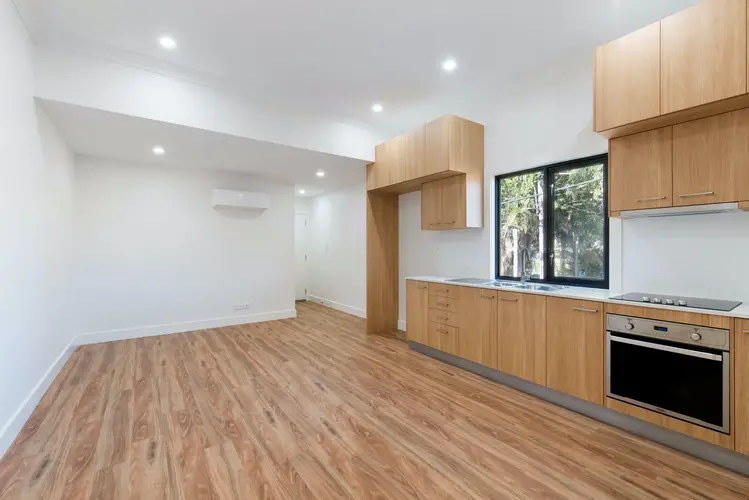
Renting out a retirement flat
There are two main obstacles to renting out a retirement flat. These include what is included in the leasehold agreement and whether this permits renting it out. But it also includes the age restriction, which will be the same as the age restriction placed on buyers of the flats in the first place.
The whole idea of a retirement flat is so that all the flats are occupied by people of similar age and older. It would make no sense that the lease agreement would permit an investor to rent the flat to tenants who don’t fall into the same older age group.
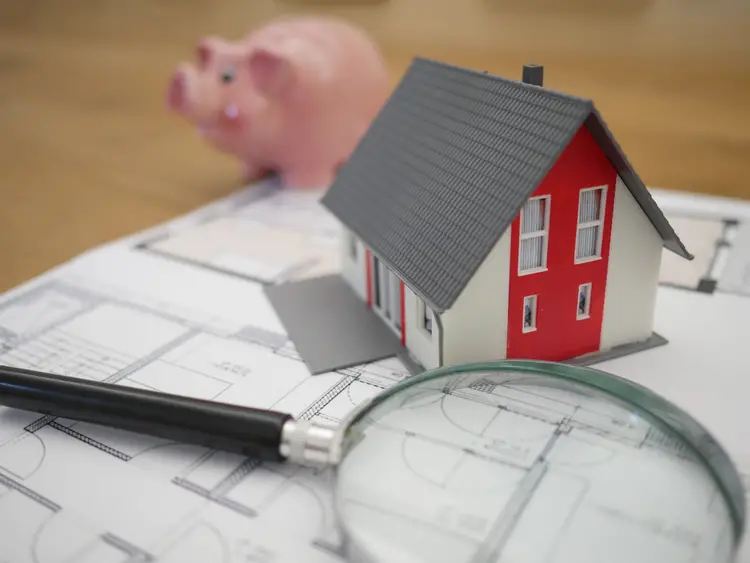
Is buying a retirement flat a good investment?
Retirement flats don’t tend to make good investments, as the service charges can be higher than a regular flat. The high service charges will reduce any monthly cash flow on your investment. You may also end up with longer void periods too, as you will only be able to let to a specific older age group.
But also if you are looking for capital appreciation you may be disappointed in the rate at which retirement flats appreciated when compared to regular properties.
If you are looking to invest in property, and you are not at retirement age, you should think about investing in houses instead of flats. The best houses to invest in are three-bedroom houses, as these are the easiest to let and tend to have less void periods.
What does it mean to own a leasehold retirement flat?
When you own leasehold property, the property comes with the requirement to pay a monthly service charge. The service charge covers the cost of repairing the common areas, which includes the roof, the car parks, pavements and entrances. But it also includes the cost of the upkeep of the gardens too.
In addition to a service charge when you own a leasehold retirement flat, you will also have to pay ground rent to the owner of the freehold.
It’s important you consider these charges before you commit to buying a retirement flat.
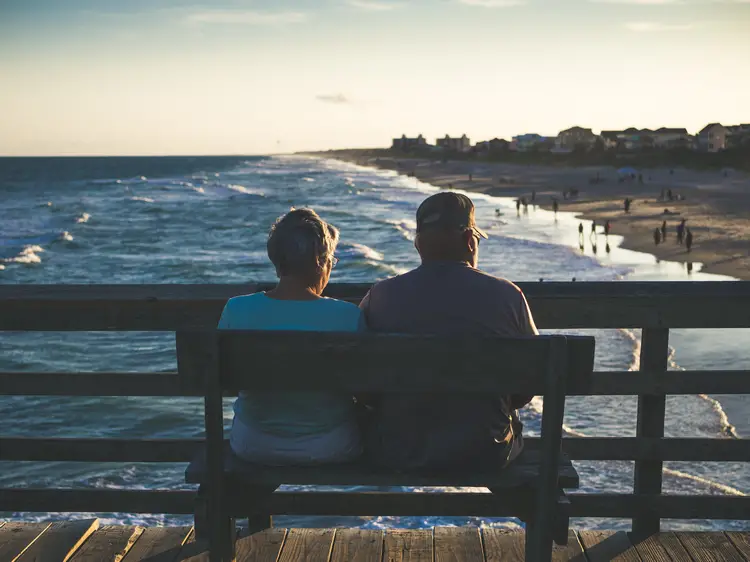
Who can buy retirement property?
Retirement properties can only be purchased by people of a certain age. This is usually for those people aged 60 and over, but can equally include those who have retired earlier and are over the age of 55 or even 50 too.
Can you get a mortgage for a retirement flat?
You can get a mortgage on a retirement flat, but with this type of property there is a limited number of lenders who offer mortgages or re-mortgages on retirement properties, which is due to the age restriction and specified occupancy on the property.
If you have a mortgage on your retirement flat and you want to rent it out you need to check your mortgage terms and conditions.
Not all mortgage companies allow you to rent out a property with a mortgage secured on it. But most will allow this using a consent to let. Mortgage companies sometimes charge a fee for this consent to let and they may also charge an increased interest rate too.
Why are retirement flats not selling?
Retirement flats don’t sell as easily as regular flats due to the age restrictions on who can buy them. There ‘s a limited market for retirement flats as the pool of potential buyers is less and means it takes longer to sell. Another reason is that other retirement buyers are put off by high service charges.
This problem is demonstrated in an article where Mr Cross inherited a retirement flat built by McCarthy & Stone, which was purchased for over £160,000, but where the monthly service charge was £562 per month.
That’s high enough to put any buyer off from buying this flat, but for anyone who is retired that’s a lot of money to find on a retirement income. In the end Mr Cross was even struggling to sell this property for less than £30,000.
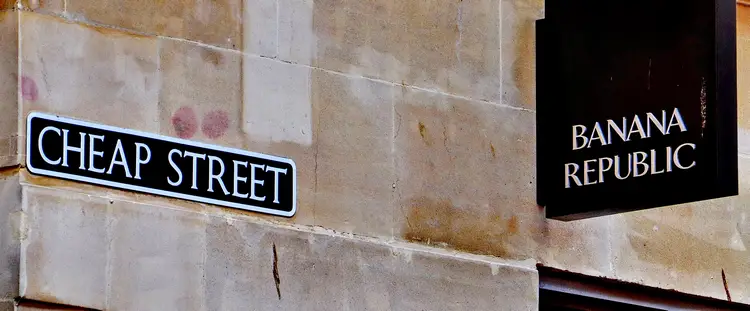
Why are retirement properties cheaper to buy?
Retirement properties can be cheaper to buy because of the the high service charges and because of the limited market of buyers. But not all retirement properties are cheaper to buy, especially for first-time retirement buyers when they are purchased from a developer like McCarthy and Stone.
In fact these retirement properties are often more expensive than a regular property that doesn’t have the age restrictions associated with retirement living.
Final thoughts about can you rent out a retirement flat
I’m not sure it’s a good idea to approach buying a retirement flat with the intention to rent it out. Retirement flats don’t make good investments, which is due to the limited ongoing market. This will mean that if and when you come to sell your investment, you may not achieve a good resell price, as demonstrated in the above example with a McCarthy & Stone apartment.
However, if you already own the flat and you check your lease for the rules over renting it out, then there shouldn’t be a problem.
If you want to buy a property for retirement, you might be better to buy a regular flat, or even a bungalow instead. At least with a regular property it won’t come with the restriction to certain age groups. However, regular flats also come with restrictions on letting to tenants in their leases. So you should always check this first before you buy the flat.
You should also look into the legal requirements of becoming a landlord for the first time. You might also like to read this article about how much of your mortgage interest is deductible as a landlord.
I hope you’ve enjoyed this article about can you rent out a retirement flat
If you’ve enjoyed this article about “can you rent out a retirement flat” please share it on your favourite social media site.
Also, if you have any questions, please feel free to comment below too. Alternatively, if you need more help, please feel free to contact us on our contact us page here. Or join the discussion and ask your question in the property forum.




